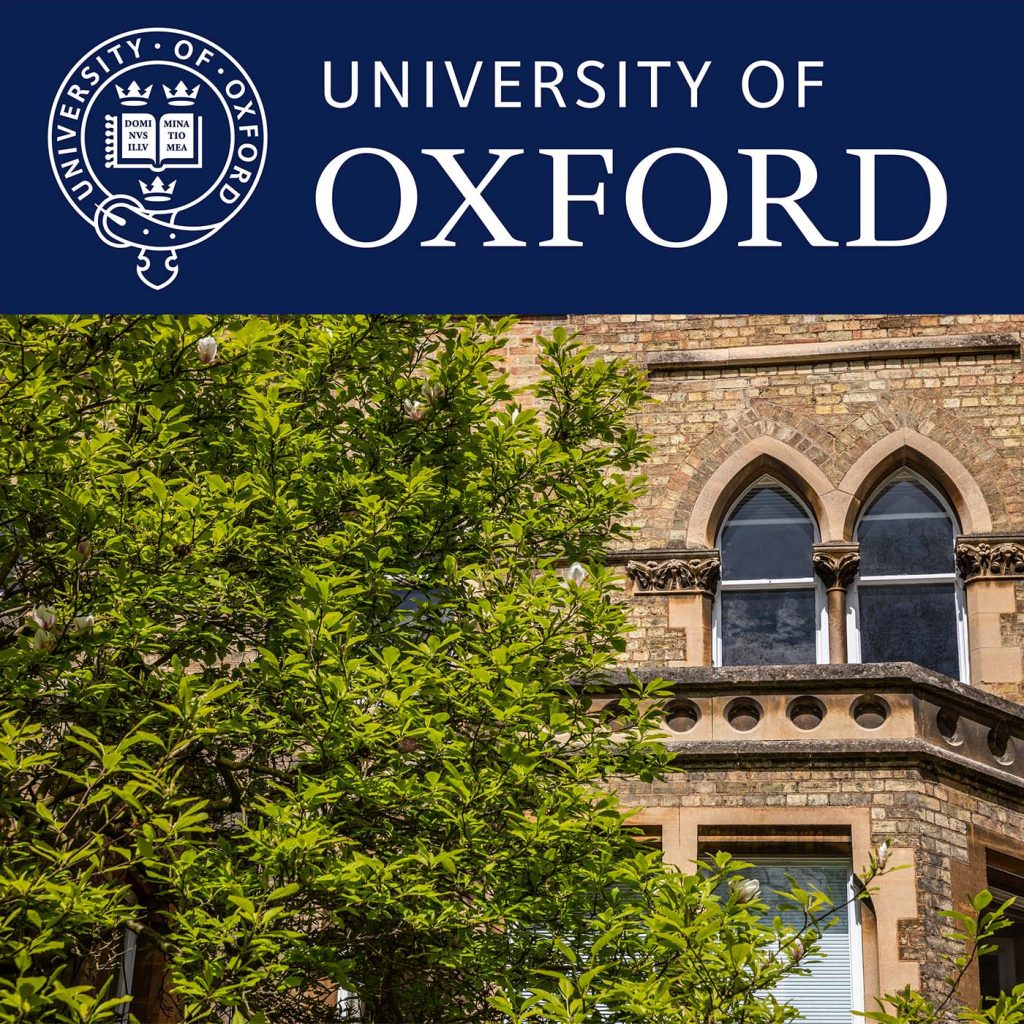Podcast Description
Vikki Boliver:
UK universities are increasingly being called upon to reduce academic entry requirements for disadvantaged applicants as a vital means of promoting fairer access to higher education. This contextualised approach to university admission recognises that the school attainment of disadvantaged learners does not necessarily do justice to their academic potential, and that standard entry requirements typically exceed the minimum needed to succeed at degree level. In this lecture, I lay out the ethical case for reducing entry requirements for disadvantaged learners, arguing that fairness is best conceptualised in terms of distributive rather than procedural justice. Drawing on the findings of research projects funded by the Scottish Funding Council, the ESRC and the Nuffield Foundation, I show that entry requirements could be reduced significantly for disadvantaged learners without ‘setting them up to fail’, but that universities are often conflicted about reducing entry requirements given the prestige attached to admitting only high achievers who can be expected to succeed at university as a matter of course. I also discuss the scope for radical reductions in entry requirements, in conjunction with more active support for students’ learning whilst at university. Finally, I argue that contextualised admissions policies must be targeted accurately if they are to be effective, which means using administratively verified individual-level measures of contextual disadvantage, rather than area level measures such as the POLAR measure of low HE participation areas.
More from this series






